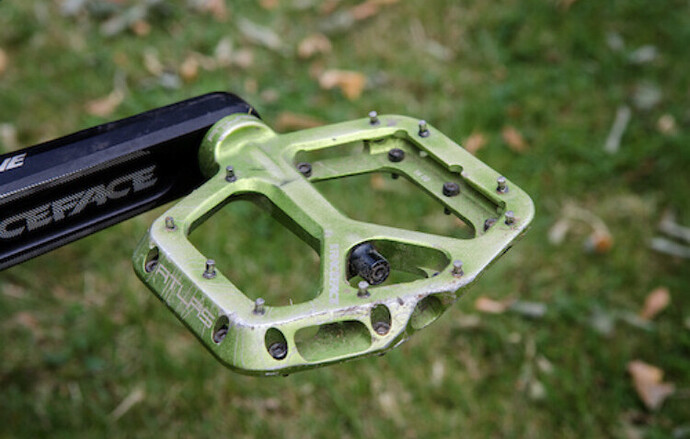Same here. They manage to feel slippery on my plucking hand and sticky on my fretting hand at the same time. Do Not Like.
After being a dedicated flat wound fanboi Iand after playing my Warwick for 4 weeks with the EXL rounds I can safely say that I will be sticking with the D’Addario rounds from now on!
Really love EXL’s, almong with NYXLs they are my favorites. Nice and bright, feel great.
try a set of light gage and see what you think. I find the sound is there, and the playability is so much easier, and takes much less effort.
For instance I can barely press on the string near the fret, and I get clean notes, where if I use that same pressure on medium or heavy gage, buzz buzz buzz. and the bends are effortless too.
My fingers have become less calloused, even when I am playing more.
they may not be for you or everybody, but I would suggest people try different gages and see what works best for them.
EXL170’s are light gauge. 165’s are good too, have a heavier bottom.
I actually bought the wrong ones for the thumb but will definitely go thinner gauge next time
What set did you get?
I have a couple sets of Stringjoy strings on basses, and I really like the feel and sound. And tension. You can also make sets of custom gauge strings if you like - same cost as their normal sets.
I am finding I prefer lighter gauge strings. As Billy Gibbons says regarding light gauge strings, why work harder?
I put the BEAD set from GHS on my B204 today, and they required less tension. 125-100-80-60. Really like how it came out
Do heavier strings vibrate less (for the same volume), thus buzzing less if you dig in hard with a pick for example? No idea if that’s true but it seems fairly logical. Or perhaps I mean they don’t deviate from their usual path as much. Or something.
+1 on that.
Getting used to a particular type of strings plays a major role. If you play super slinky strings for a long time, you will feel uncomfortable with 45-105 stainless steel. Same when you change from flats to rounds, especially when it comes to slides.
Since I got used to rigid ss strings, I admire the sound and wouldn’t switch back.
One of my basses is bright already so putting stainless rounds on it was way overkill ![]()
If you really want a good upper range sound, though, try these:
Check out that G string. It broke the nut when I put it on - might have to file it, I did.
I have more basses with flatwound than roundwound.
I have also noticed that more fretting accuracy is needed with flatwound - I made a fretless bass last year and playing it has made me much less sloppy with fretting finger placement.
Why not try tapewound strings, they do feel stiffer (they have an extra layer of plastic) so get the lightest gauge you can find. I use Picato but there only appear to be a much heavier gauge available in the UK at the moment
https://www.amazon.co.uk/Picato-String-Tapewound-Electric-Strings/dp/B07ZBCD4K7
EXL 170 BT @howard
Should be fine. Nice light guage strings.
Yeah I am actually enjoying them. I did want to try the 100 instead of the 107 E string though as I found that easy to play with the flat wounds
For a given note, a heavier string will likely have higher tension (i.e. the 110 E in the Steve Harris flats vs the more usual 100 or 105 in other sets) to achieve the same fundamental frequency. So, consequently, will probably flub less.
Note that this is not the only factor at play here so YMMV.
On a side note, that’s one of the things a multi fret instrument addresses. By having a longer scale on the heavier strings, there will be consequently more tension, and less tension on the shorter scale strings, resulting in a similar tension across all strings.


